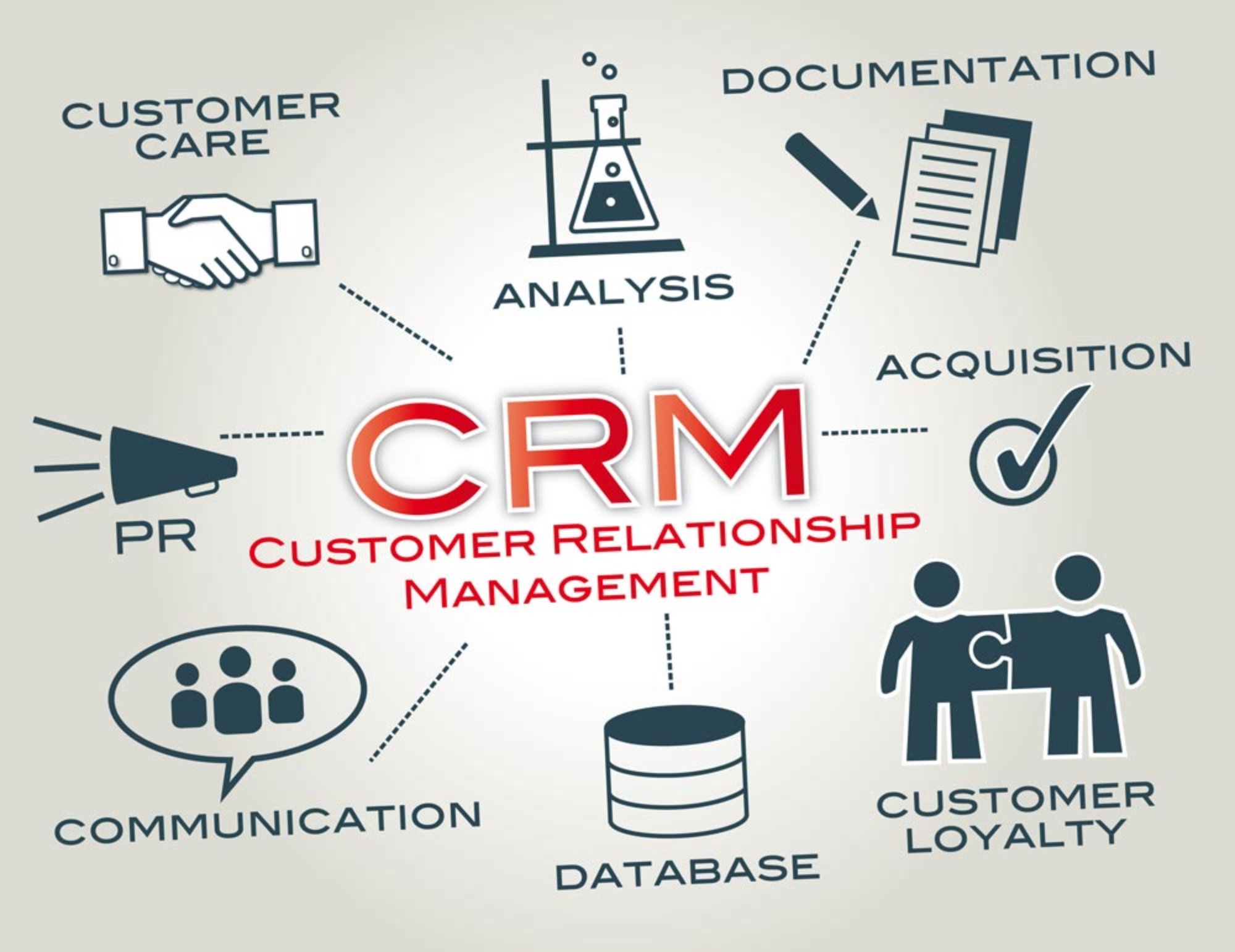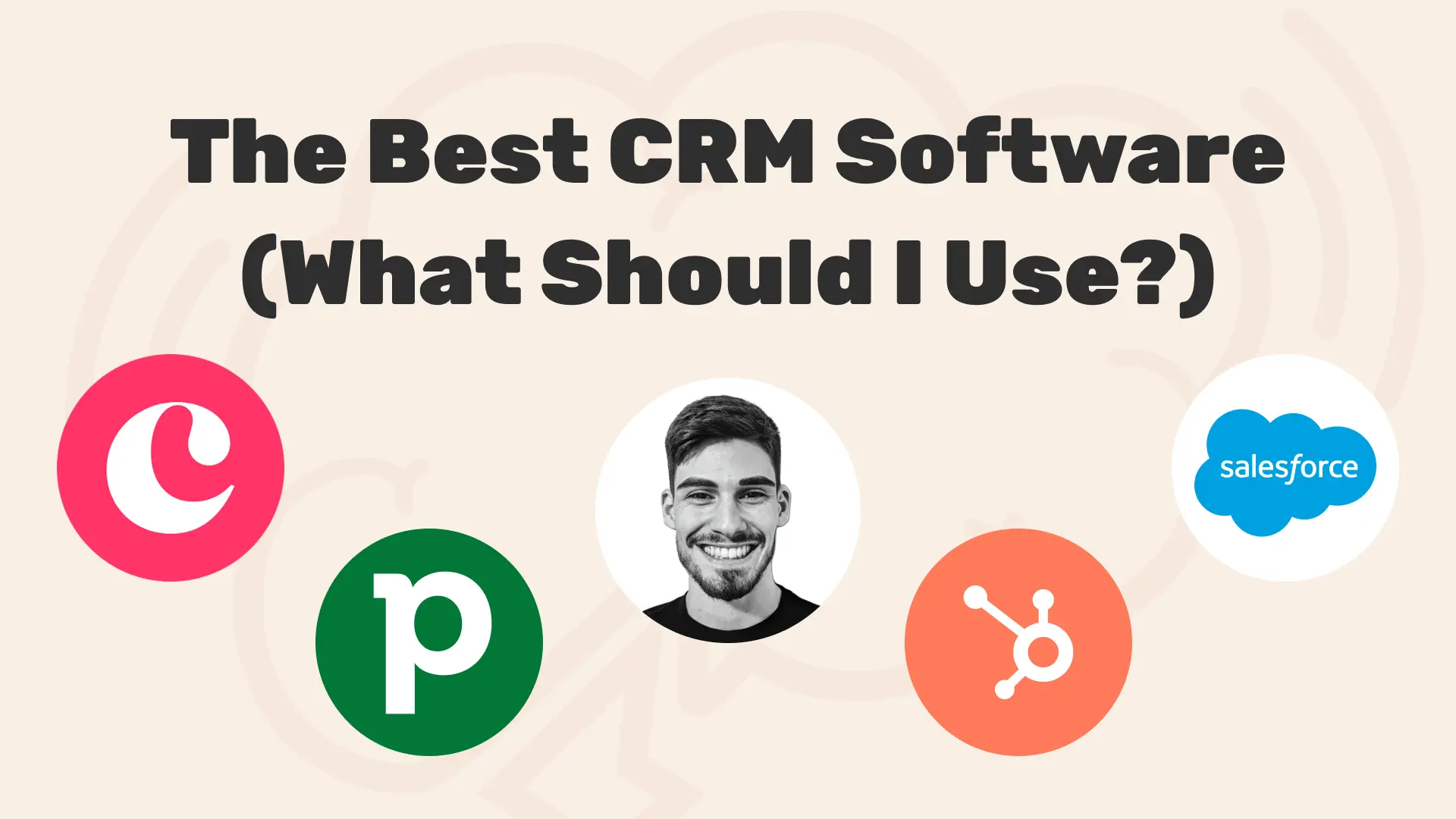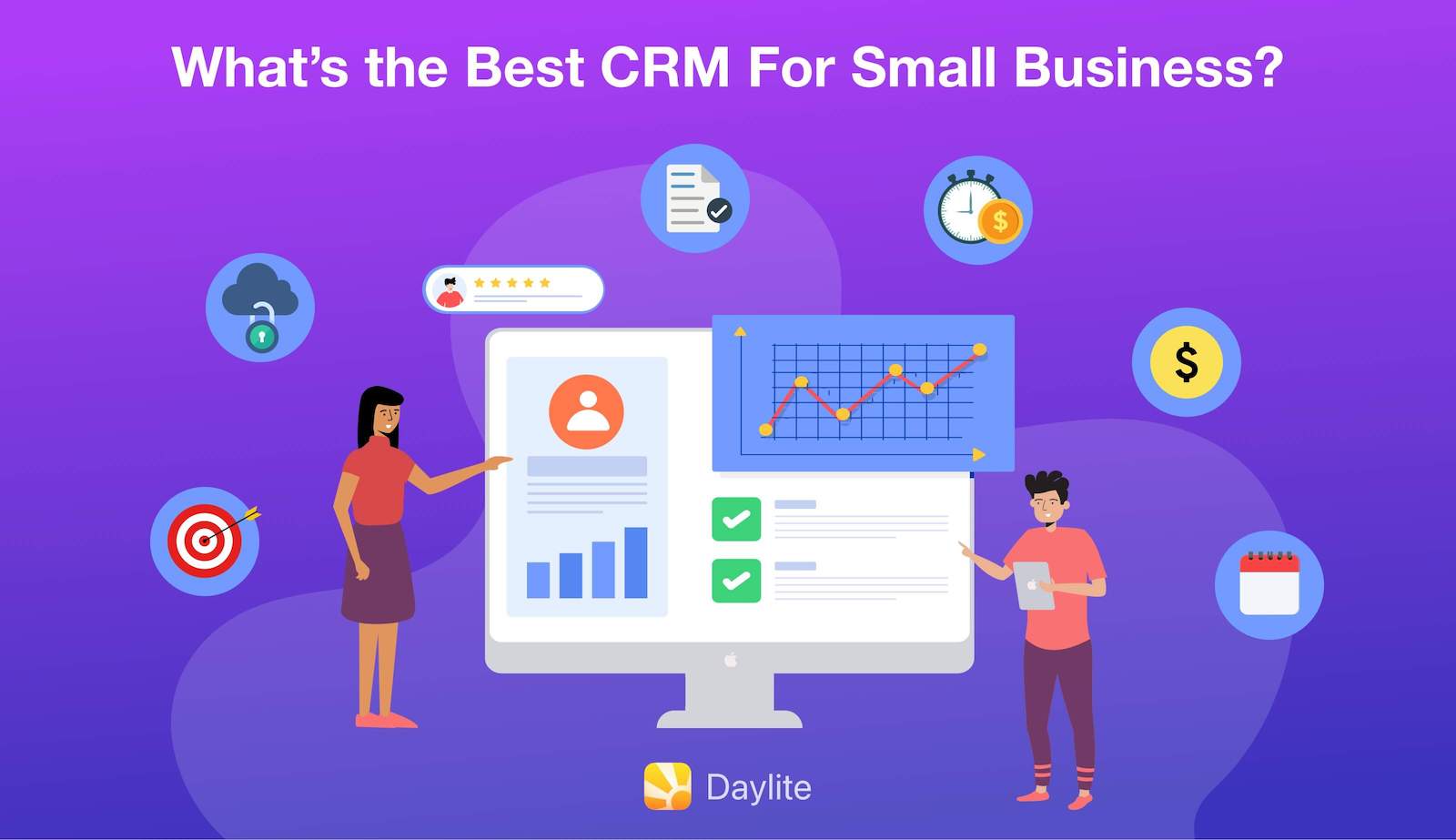CRM for Small Business Owners: Your Ultimate Guide to Growth and Success
Running a small business is a rollercoaster. One minute you’re celebrating a new client, the next you’re juggling invoices, emails, and follow-ups. It’s a whirlwind of activity, and in the midst of it all, it’s easy for things to slip through the cracks. That’s where a Customer Relationship Management (CRM) system comes in. Think of it as your central command center, a place to organize, streamline, and ultimately, grow your business. This comprehensive guide is designed specifically for small business owners like you, offering a deep dive into the world of CRM and how it can revolutionize your operations.
What is CRM and Why Does Your Small Business Need It?
At its core, CRM is a technology that helps you manage all your relationships and interactions with potential and current customers. It’s more than just a contact list; it’s a powerful tool that helps you understand your customers better, personalize your interactions, and ultimately, drive sales. For a small business owner, this can be a game-changer. You’re likely wearing many hats, and the sheer volume of information can be overwhelming. A CRM system provides a centralized location for all customer data, eliminating the chaos and freeing up your time to focus on what matters most: growing your business.
Here’s why a CRM is essential for small business success:
- Improved Customer Relationships: A CRM allows you to track customer interactions, preferences, and purchase history, enabling you to personalize your communication and build stronger relationships.
- Increased Sales: By tracking leads, managing the sales pipeline, and automating follow-ups, a CRM helps you close more deals and increase revenue.
- Enhanced Efficiency: Automate repetitive tasks like data entry and email marketing, saving you valuable time and resources.
- Better Data Analysis: Gain valuable insights into your customer behavior and sales performance, allowing you to make data-driven decisions.
- Improved Collaboration: Share customer information and collaborate seamlessly with your team, ensuring everyone is on the same page.
Key Features of a CRM System
Not all CRM systems are created equal. The best CRM for your small business will depend on your specific needs and budget. However, most CRM systems offer a core set of features that are essential for managing customer relationships effectively:
- Contact Management: Store and organize all your customer contact information, including names, addresses, phone numbers, and email addresses.
- Lead Management: Track and manage leads from initial contact to conversion, helping you nurture potential customers through the sales pipeline.
- Sales Automation: Automate repetitive sales tasks like follow-up emails, appointment scheduling, and task reminders, freeing up your time to focus on closing deals.
- Marketing Automation: Create and manage email marketing campaigns, track customer engagement, and personalize your messaging to improve conversion rates.
- Reporting and Analytics: Generate reports on sales performance, customer behavior, and marketing effectiveness, providing valuable insights for data-driven decision-making.
- Integration: Integrate your CRM with other business tools, such as email marketing platforms, accounting software, and social media channels, to streamline your workflow.
- Mobile Access: Access your CRM data on the go with mobile apps, allowing you to stay connected with your customers and team from anywhere.
Choosing the Right CRM for Your Small Business
Selecting the right CRM can feel daunting, but it doesn’t have to be. The key is to assess your needs and choose a system that aligns with your business goals and budget. Here’s a step-by-step guide to help you make the right choice:
- Define Your Needs: Before you start shopping, identify your specific needs and pain points. What are you hoping to achieve with a CRM? What tasks are you currently struggling with? What features are essential for your business?
- Set a Budget: CRM systems range in price from free to thousands of dollars per month. Determine how much you’re willing to spend and stick to your budget. Consider the total cost of ownership, including implementation, training, and ongoing support.
- Research Different CRM Systems: Explore the various CRM options available, considering factors such as features, pricing, ease of use, and customer reviews. Some popular CRM systems for small businesses include:
- Zoho CRM: A popular and affordable CRM with a wide range of features, suitable for businesses of all sizes.
- HubSpot CRM: A free CRM with powerful marketing and sales automation tools, ideal for businesses focused on inbound marketing.
- Salesforce Sales Cloud: A more comprehensive and customizable CRM, suitable for larger businesses with complex needs.
- Pipedrive: A sales-focused CRM with a user-friendly interface, perfect for sales teams.
- Insightly: A CRM specifically designed for small businesses, with a focus on project management and sales.
- Consider Ease of Use: Choose a CRM that’s easy to use and navigate. The more user-friendly the system, the more likely your team is to adopt it.
- Evaluate Integration Capabilities: Ensure the CRM integrates with your existing business tools, such as email marketing platforms, accounting software, and social media channels.
- Read Reviews and Get Recommendations: Research customer reviews and testimonials to get an idea of the CRM’s strengths and weaknesses. Ask other small business owners for recommendations.
- Try Before You Buy: Many CRM systems offer free trials or demo accounts. Take advantage of these opportunities to test the system and see if it’s a good fit for your business.
- Plan for Implementation and Training: Successful CRM implementation requires planning and training. Develop a clear implementation plan and provide adequate training for your team to ensure they can use the system effectively.
Implementing Your CRM: A Step-by-Step Guide
Once you’ve chosen a CRM, the next step is implementation. This process can seem overwhelming, but breaking it down into manageable steps will make it much easier:
- Plan Your Implementation: Define your goals, identify key stakeholders, and create a detailed implementation plan. This plan should include timelines, responsibilities, and milestones.
- Clean and Import Your Data: Before importing your data into the CRM, clean it up to ensure accuracy. Remove duplicates, standardize formatting, and fill in any missing information. Then, import your data into the CRM, following the system’s instructions.
- Customize Your CRM: Tailor the CRM to your specific business needs. Customize fields, create workflows, and configure integrations to streamline your operations.
- Train Your Team: Provide comprehensive training for your team to ensure they understand how to use the CRM effectively. This training should cover all the key features and functionalities.
- Test and Refine: Test the CRM to ensure it’s working correctly and meets your needs. Make adjustments as needed.
- Monitor and Optimize: Regularly monitor your CRM usage and make adjustments to optimize its performance. Track key metrics and identify areas for improvement.
Tips for Maximizing Your CRM Investment
Implementing a CRM is just the first step. To get the most out of your investment, you need to actively use and optimize the system. Here are some tips for maximizing your CRM investment:
- Use it Consistently: Make CRM usage a daily habit for your team. Encourage them to log all customer interactions and update contact information regularly.
- Automate Tasks: Take advantage of automation features to streamline your workflow and save time. Automate tasks such as email follow-ups, appointment scheduling, and task reminders.
- Personalize Your Communication: Use the CRM to personalize your communication with customers. Tailor your messaging based on their preferences, purchase history, and interactions.
- Track Key Metrics: Monitor key metrics such as sales performance, customer acquisition costs, and customer retention rates. Use this data to identify areas for improvement and measure the ROI of your CRM.
- Regularly Review and Update Data: Keep your CRM data up-to-date by regularly reviewing and updating contact information, lead status, and other relevant information.
- Provide Ongoing Training: Provide ongoing training for your team to ensure they stay up-to-date on the latest features and functionalities of the CRM.
- Integrate with Other Tools: Integrate your CRM with other business tools, such as email marketing platforms, accounting software, and social media channels, to streamline your workflow and improve efficiency.
- Seek Customer Feedback: Gather customer feedback to identify areas for improvement and improve your customer relationships.
Common Mistakes to Avoid When Using a CRM
While CRM can be a powerful tool, it’s important to avoid common mistakes that can hinder its effectiveness:
- Not Defining Your Goals: Without clear goals, you won’t be able to measure the success of your CRM implementation.
- Choosing the Wrong CRM: Selecting a CRM that doesn’t fit your business needs can be a costly mistake.
- Not Training Your Team: If your team doesn’t know how to use the CRM, it won’t be effective.
- Not Cleaning Your Data: Dirty data can lead to inaccurate reports and wasted time.
- Not Using the CRM Consistently: Inconsistent usage will limit the benefits of the CRM.
- Not Integrating with Other Tools: Failing to integrate your CRM with other tools can create inefficiencies.
- Ignoring Customer Feedback: Ignoring customer feedback can lead to missed opportunities for improvement.
The Future of CRM for Small Businesses
The world of CRM is constantly evolving. As technology advances, CRM systems are becoming more sophisticated and powerful. Here are some trends to watch out for:
- Artificial Intelligence (AI): AI is being integrated into CRM systems to automate tasks, personalize customer interactions, and provide valuable insights.
- Mobile CRM: Mobile CRM apps are becoming increasingly important, allowing businesses to stay connected with their customers and team from anywhere.
- Social CRM: Social CRM is integrating social media data into CRM systems to provide a more complete view of the customer.
- Personalized Customer Experiences: CRM systems are helping businesses deliver highly personalized customer experiences.
- Increased Automation: Automation will continue to play a major role in CRM, streamlining workflows and freeing up time for businesses.
For small businesses, the future of CRM is bright. By embracing these trends and staying up-to-date on the latest developments, you can ensure your CRM system remains a valuable tool for growth and success.
Conclusion: Embracing CRM for Small Business Success
In conclusion, a CRM system is a crucial investment for any small business owner looking to streamline operations, build stronger customer relationships, and drive sales. By understanding the benefits of CRM, choosing the right system, and implementing it effectively, you can transform your business and achieve sustainable growth. Don’t let the complexities of customer management hold you back. Embrace the power of CRM, and watch your business thrive.
The journey of a thousand miles begins with a single step. Start your CRM journey today. Research the options, identify your needs, and take action. The rewards—increased sales, improved customer relationships, and a more efficient business—are well worth the effort.


